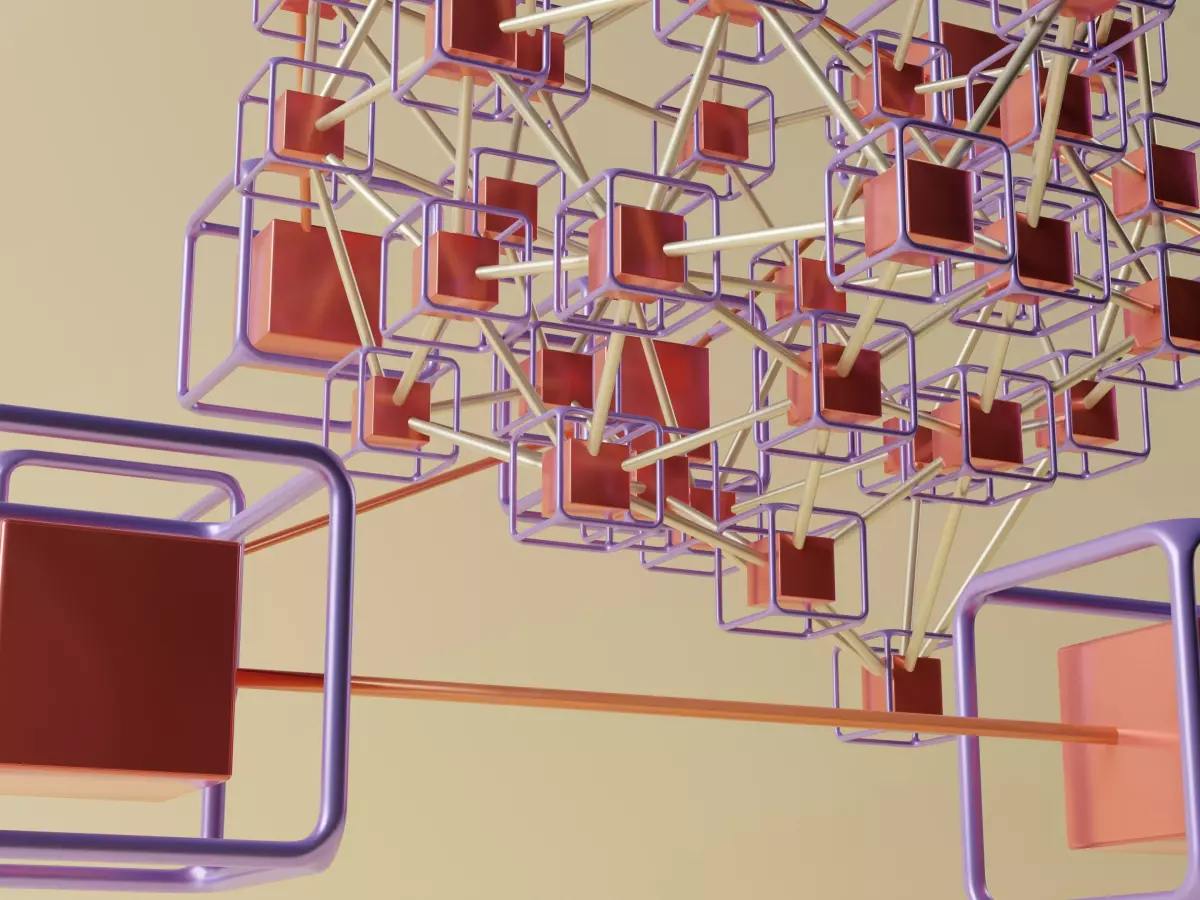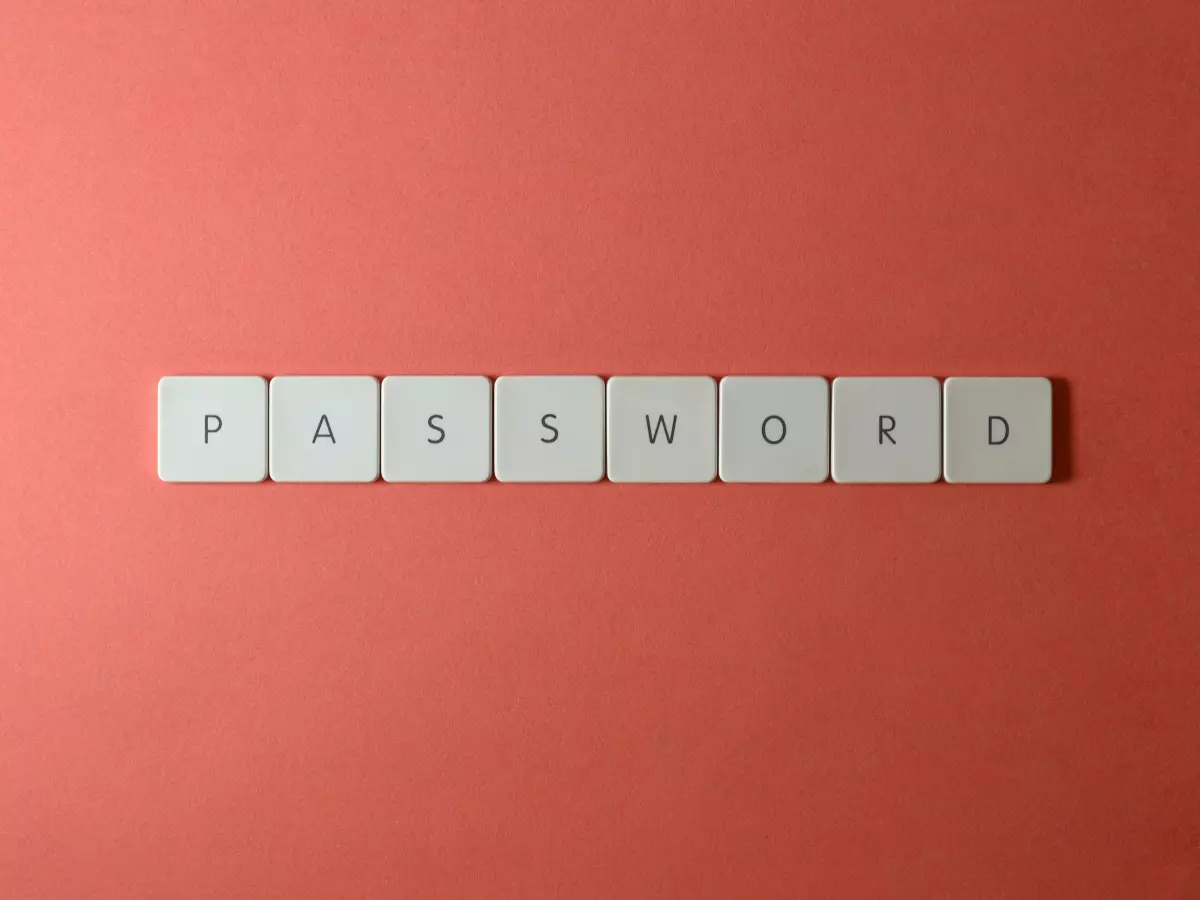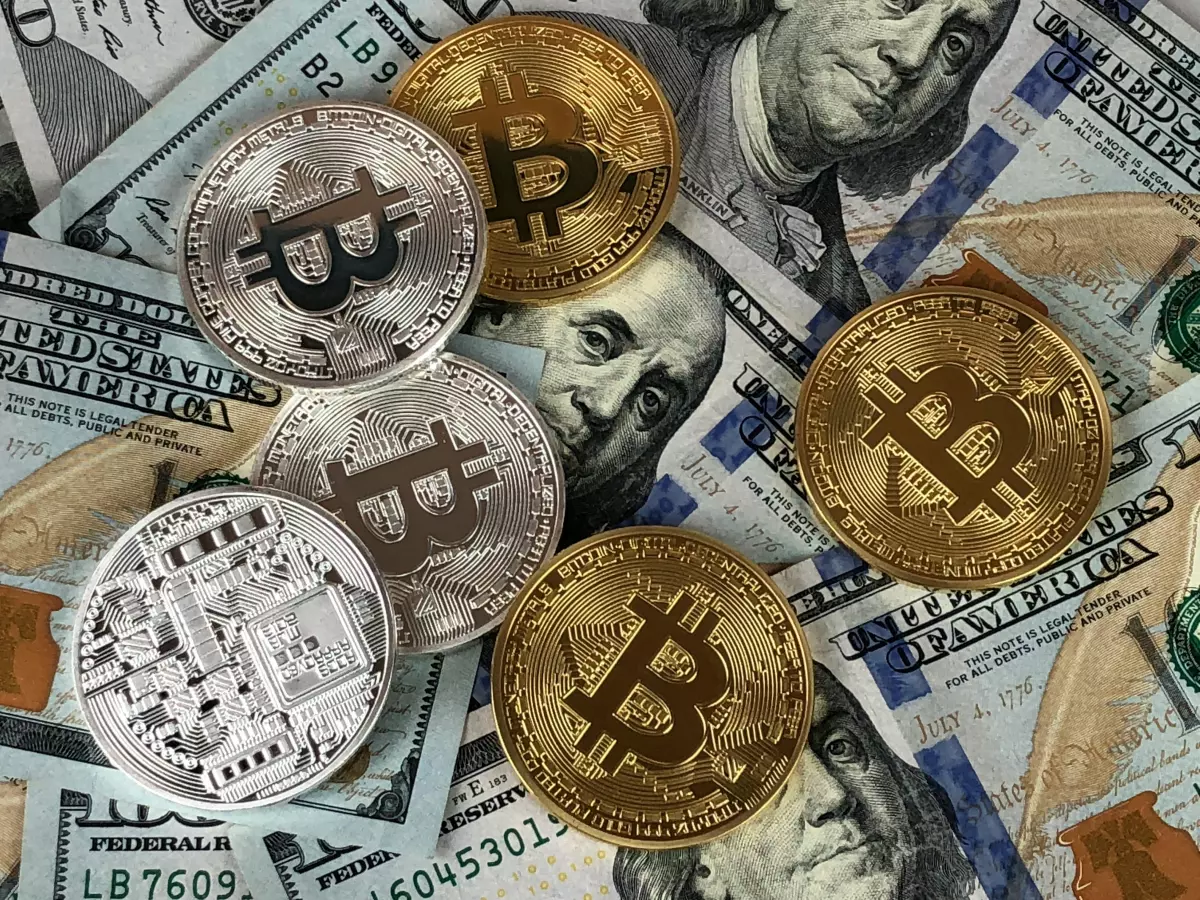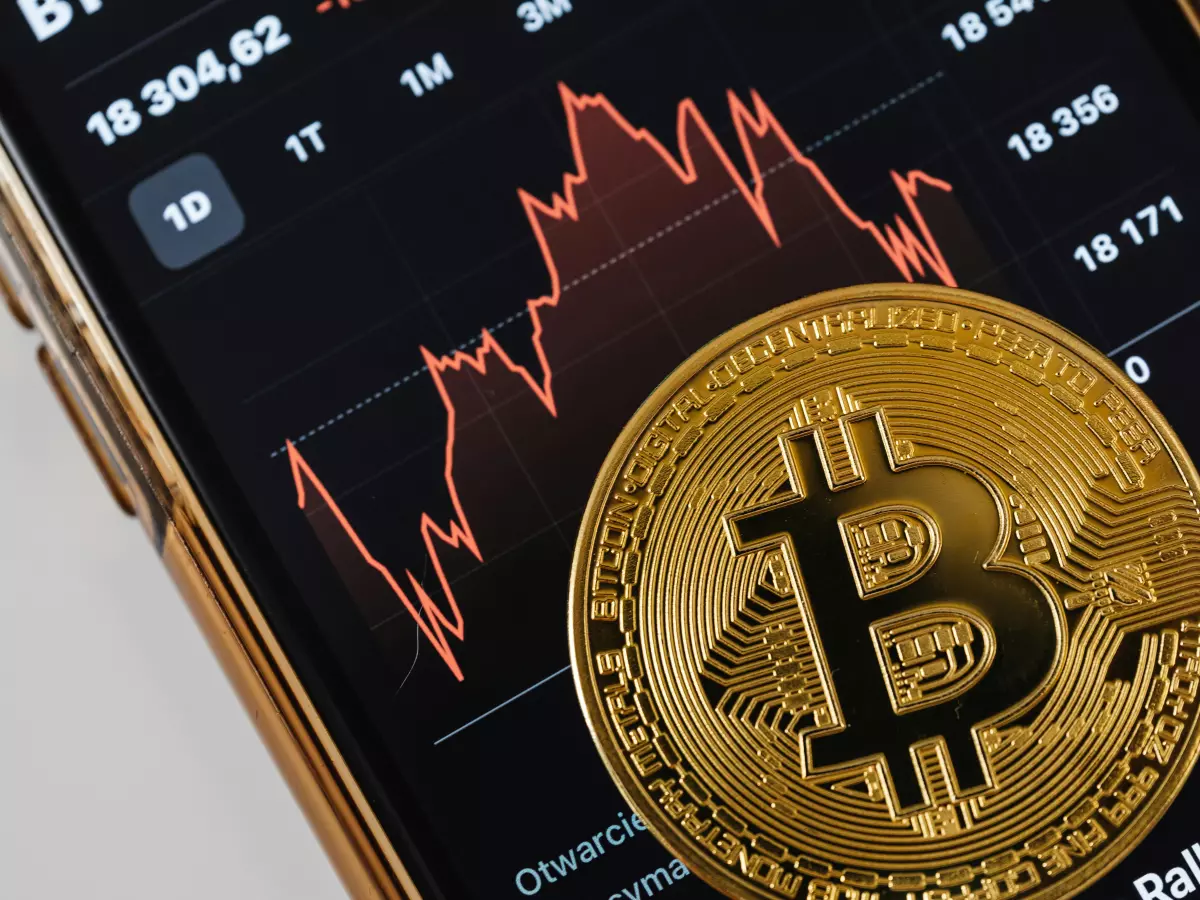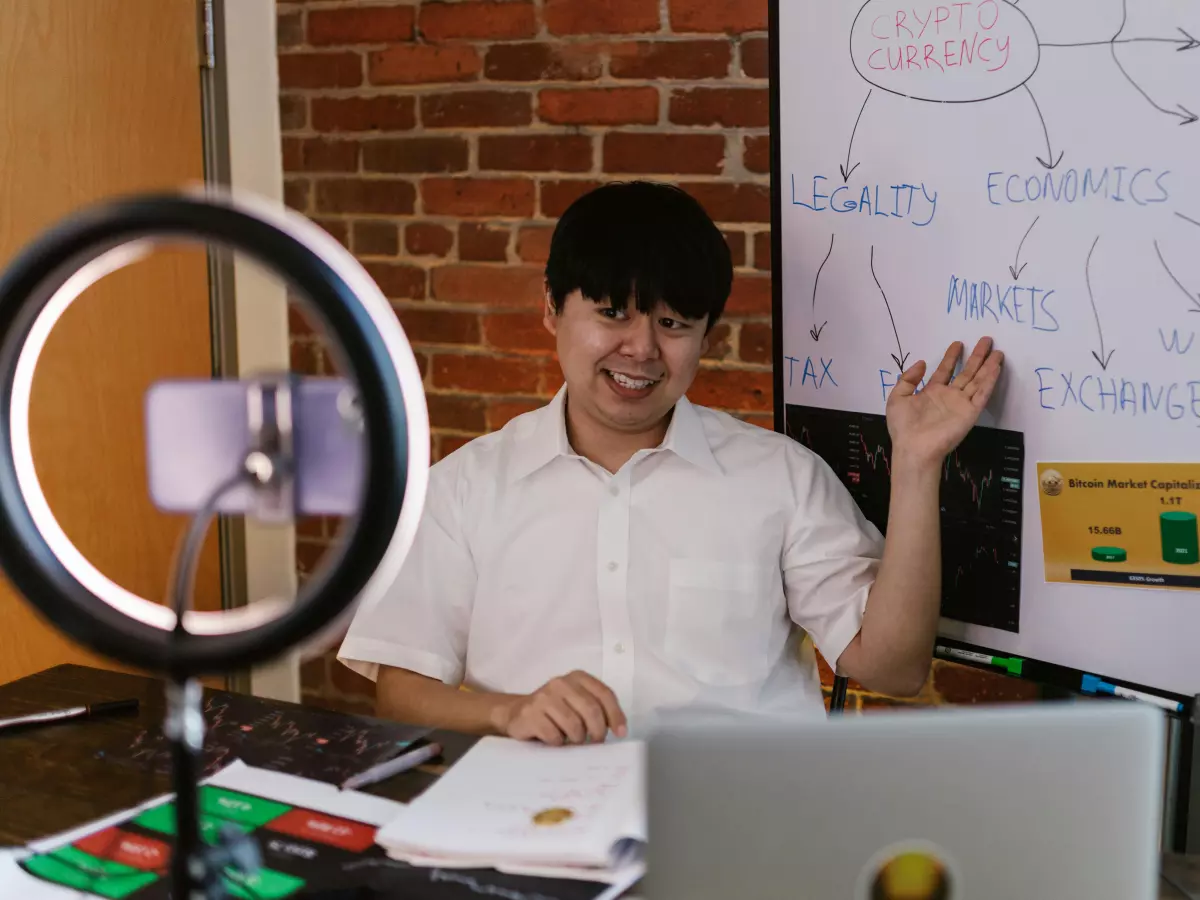Blockchain's Randomness Problem
"Blockchain randomness is the bedrock of crypto security," they say. But what if I told you that randomness isn't as random as you think?
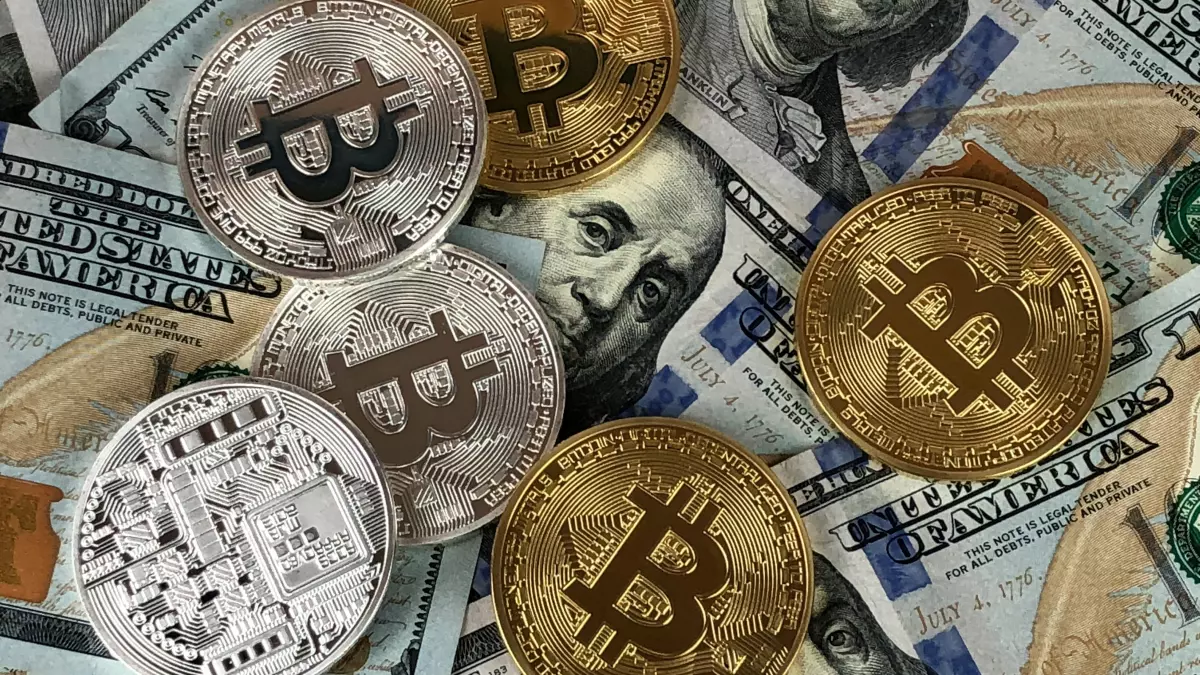
By Tomás Oliveira
When Vitalik Buterin, the co-founder of Ethereum, once discussed the importance of randomness in blockchain, he emphasized its critical role in ensuring fairness and security in decentralized systems. Randomness determines everything from validator selection in proof-of-stake (PoS) systems to cryptographic key generation. But here's the kicker: the very randomness we rely on might not be as random—or secure—as we believe.
Let's break it down. At its core, blockchain randomness is about unpredictability. For instance, in PoS blockchains, validators are chosen "randomly" to ensure no single entity can dominate the network. Similarly, randomness is used in cryptographic protocols to generate private keys, ensuring they're unique and unguessable. Sounds solid, right? Not so fast. The problem lies in how this randomness is generated and whether it can be manipulated.
The Illusion of True Randomness
Most blockchain systems rely on pseudo-random number generators (PRNGs) to create randomness. Unlike true randomness, which is entirely unpredictable, PRNGs use algorithms to produce sequences of numbers that only appear random. They're deterministic, meaning if you know the algorithm and its initial state (the seed), you can predict the output.
Take Bitcoin's block hash, for example. While it appears random, it's deterministically derived from the previous block's data. This predictability can be exploited. In 2020, researchers demonstrated how attackers could manipulate randomness in certain blockchain systems to gain unfair advantages, such as consistently winning block rewards or compromising cryptographic keys.
Randomness Attacks: A Growing Threat
Randomness manipulation isn't just theoretical—it's happening. One infamous example is the "nothing-at-stake" problem in PoS blockchains. By predicting or influencing randomness, malicious actors can create multiple competing chains, increasing their chances of being selected as validators. This undermines the network's security and fairness.
Another example is the 2013 Bitcoin Vanity Address attack. Hackers exploited weak randomness in wallet key generation to predict private keys, stealing millions in crypto. The lesson? When randomness fails, security crumbles.
Can We Fix Blockchain's Randomness?
So, what's the solution? Enter Verifiable Random Functions (VRFs) and Decentralized Randomness Beacons. VRFs generate randomness that is not only unpredictable but also provably fair. They're increasingly being adopted in PoS blockchains like Cardano to enhance security.
Decentralized randomness beacons, like those used by Chainlink, take it a step further. They generate randomness collaboratively across multiple nodes, ensuring no single entity can manipulate the outcome. This approach significantly reduces the risk of randomness attacks.
The Quantum Threat
But even these solutions aren't foolproof. The looming threat of quantum computing could render current randomness techniques obsolete. Quantum computers, with their immense processing power, could potentially predict PRNG outputs or break cryptographic protocols reliant on randomness.
To future-proof blockchain randomness, researchers are exploring quantum-resistant algorithms and true random number generators (TRNGs) based on physical processes like radioactive decay. These methods offer genuine unpredictability, but their implementation at scale remains a challenge.
Why It Matters
You might be wondering, "Why should I care about blockchain randomness?" Well, consider this: every crypto transaction, every NFT purchase, every DeFi protocol you interact with relies on randomness for security. If that randomness is compromised, so is your digital wealth.
As the crypto space evolves, understanding and addressing the limitations of blockchain randomness is crucial. It's not just about building more secure systems—it's about maintaining trust in the decentralized future we're striving for.
In the words of Vitalik Buterin, "Decentralization is not just about removing intermediaries; it's about creating systems that are fair, secure, and resilient." And that starts with getting randomness right.
